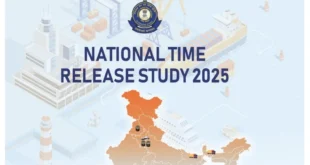Dynastic politics is an oft-repeated term in Indian political discourse. Most major political parties are helmed by people who are the sons, daughters or relatives of prominent leaders. At the parliamentary constituency level, how does a dynastic politician perform, both during elections and as a legislator, compared to other candidates who do not come from dynasties? This is the question that researchers Siddharth Eapen George and Dominic Ponattu sought to answer in their working paper, “How do political dynasties affect economic development? Theory and Evidence from India”. It was recently presented at the Annual Bank Conference on Development Economies hosted by the World Bank. The authors concluded that dynasts are over-represented in Indian politics as they have electoral advantages, but “dynastic descendants underperform in office”. This is because while dynasts inherit voters easily from their predecessors, the very fact of a loyal vote base could “mute performance incentives”, thereby lowering their performance levels. Interestingly, the authors also found that politicians who have sons perform better in office, which suggests that this is an incentive to establish a dynasty (“bequesting”).
Source : https://www.thehindu.com/todays-paper/tp-opinion/dynasties-and-development/article24740717.ece
 Chinmaya IAS Academy – Current Affairs Chinmaya IAS Academy – Current Affairs
Chinmaya IAS Academy – Current Affairs Chinmaya IAS Academy – Current Affairs


